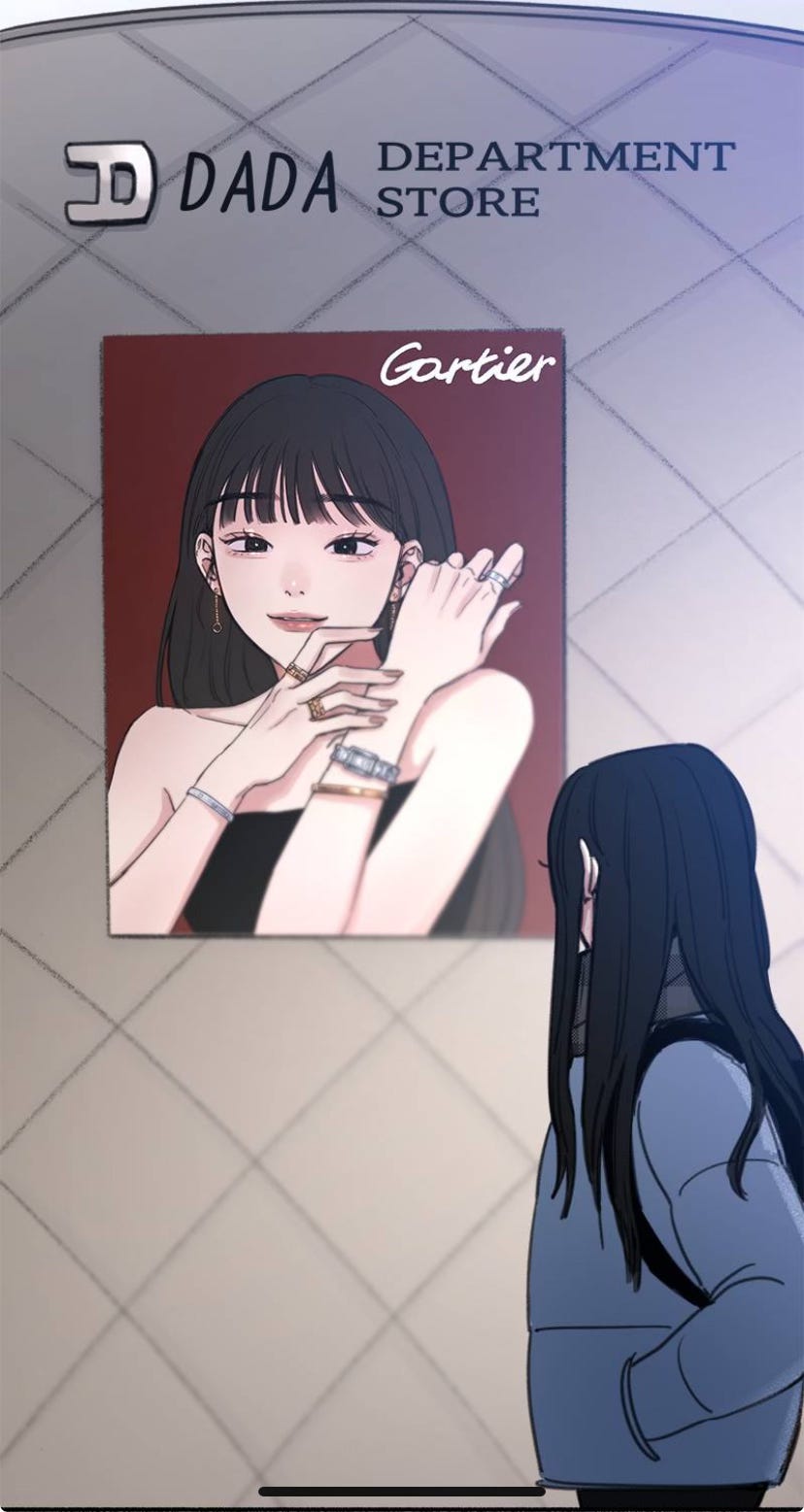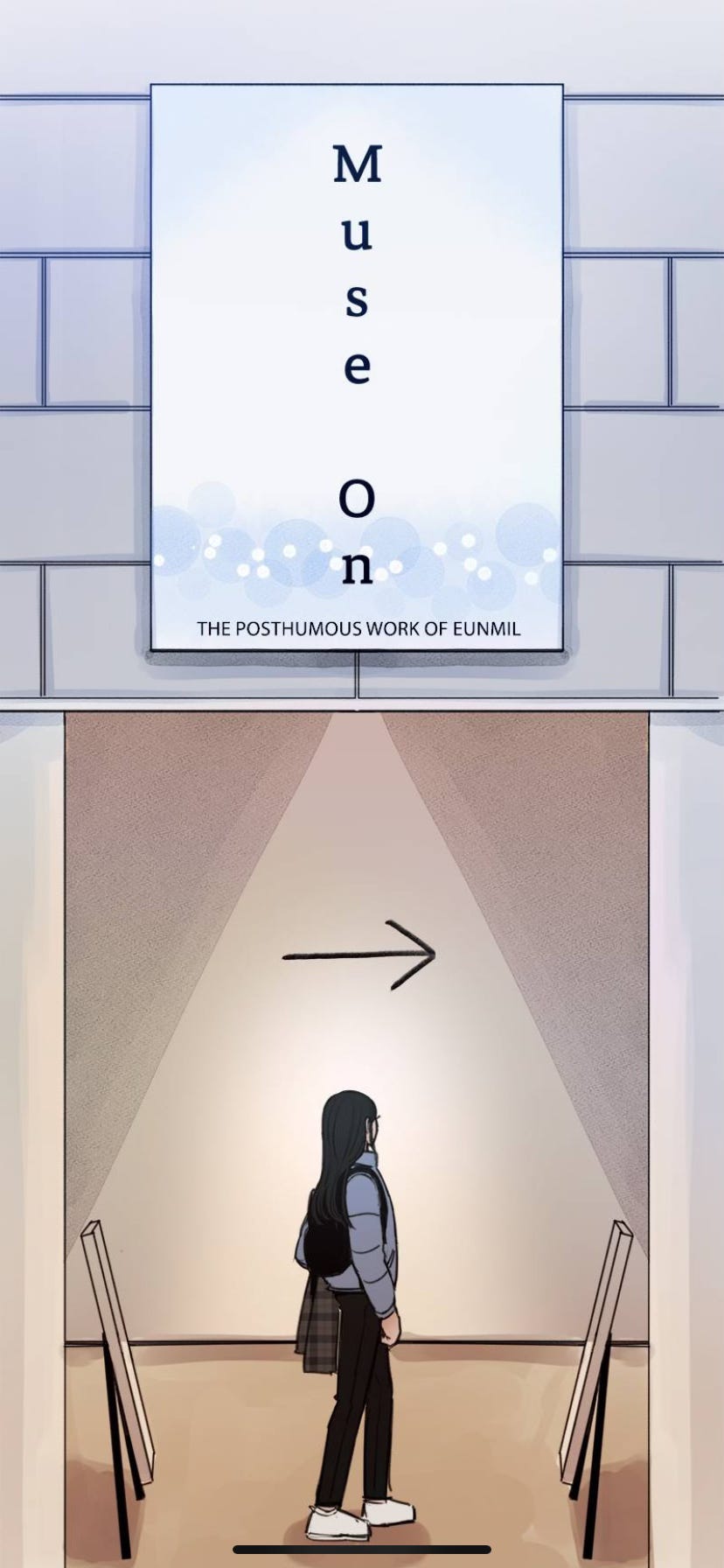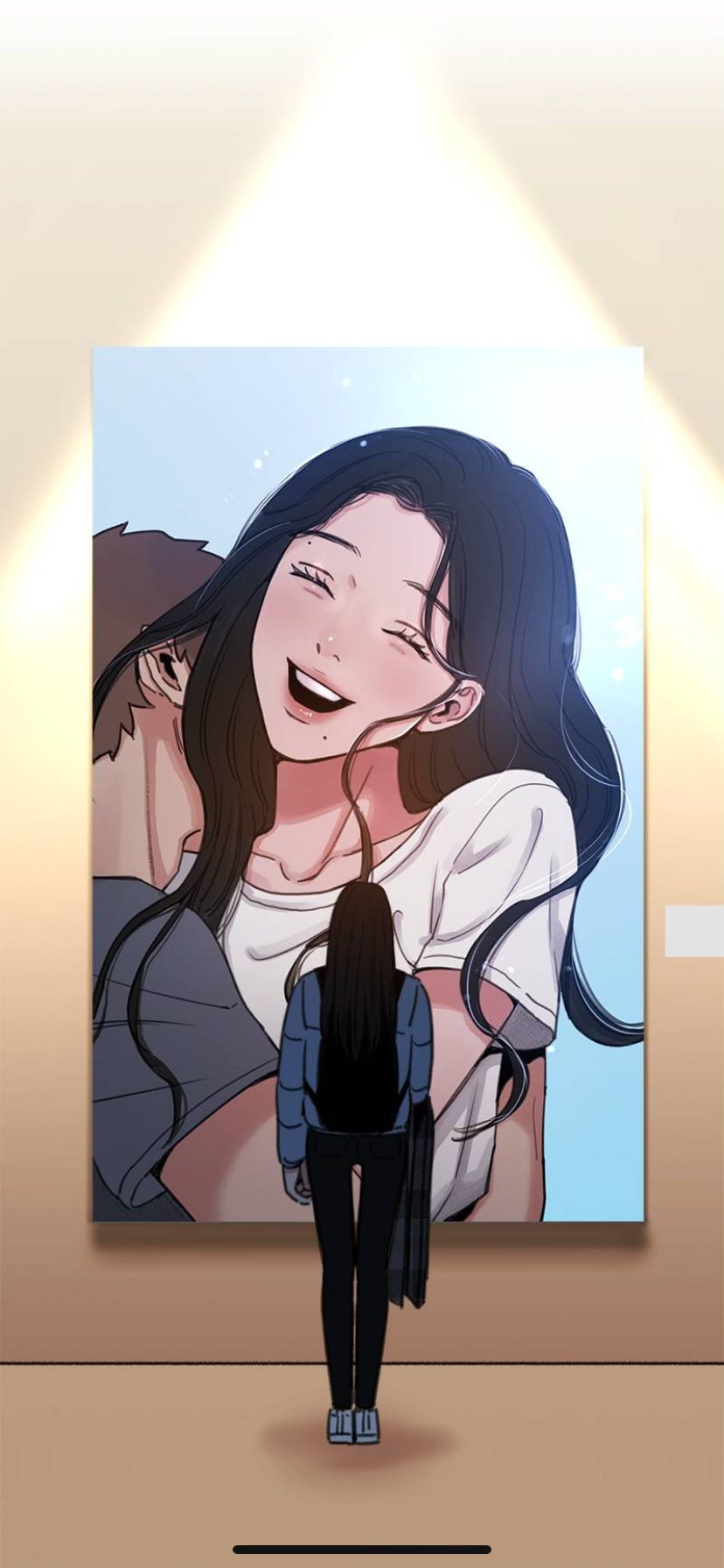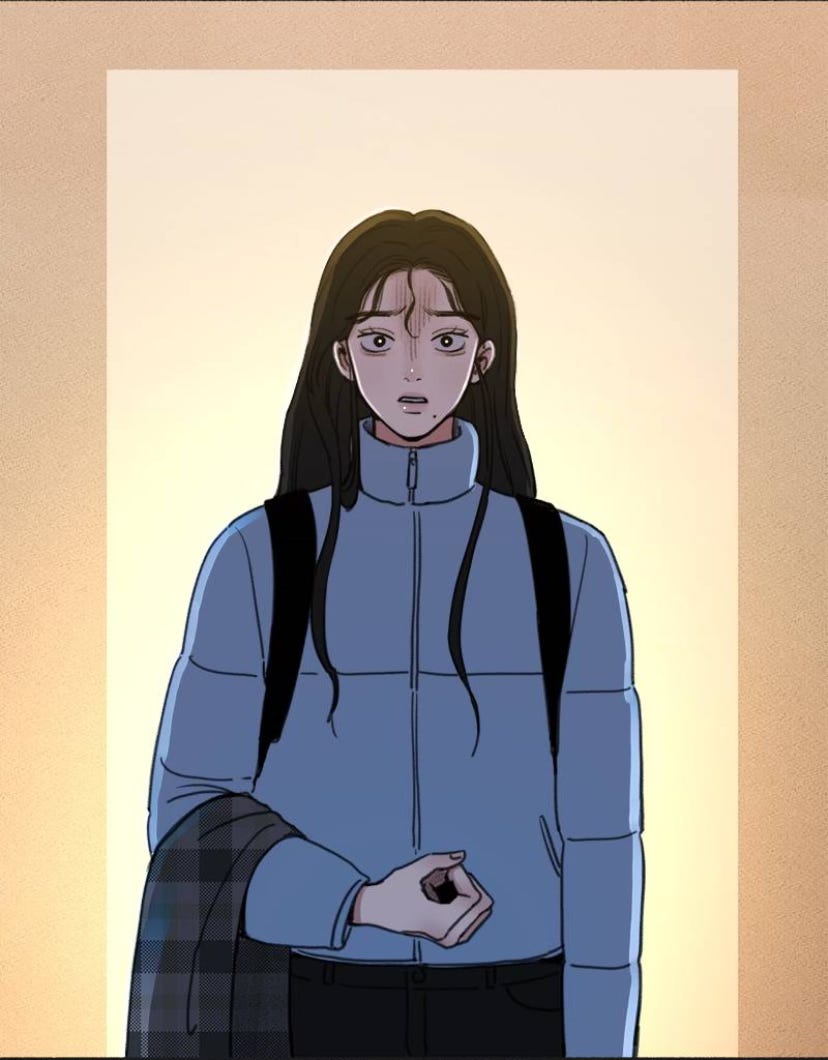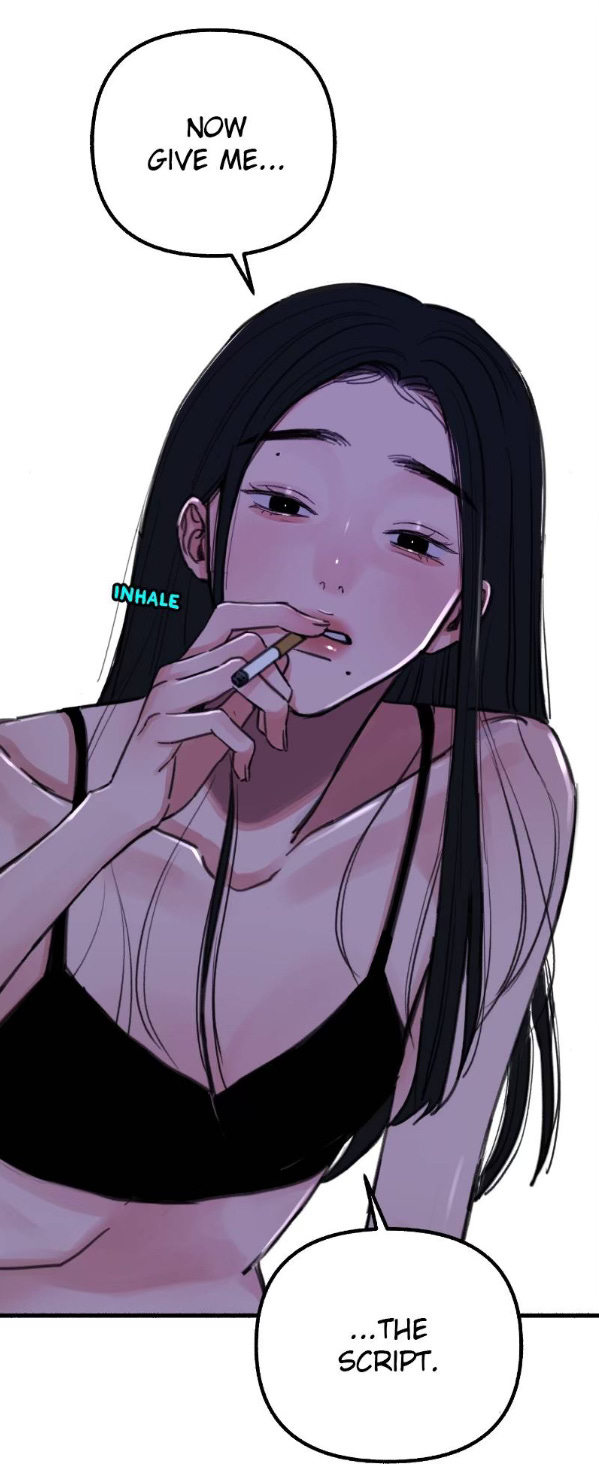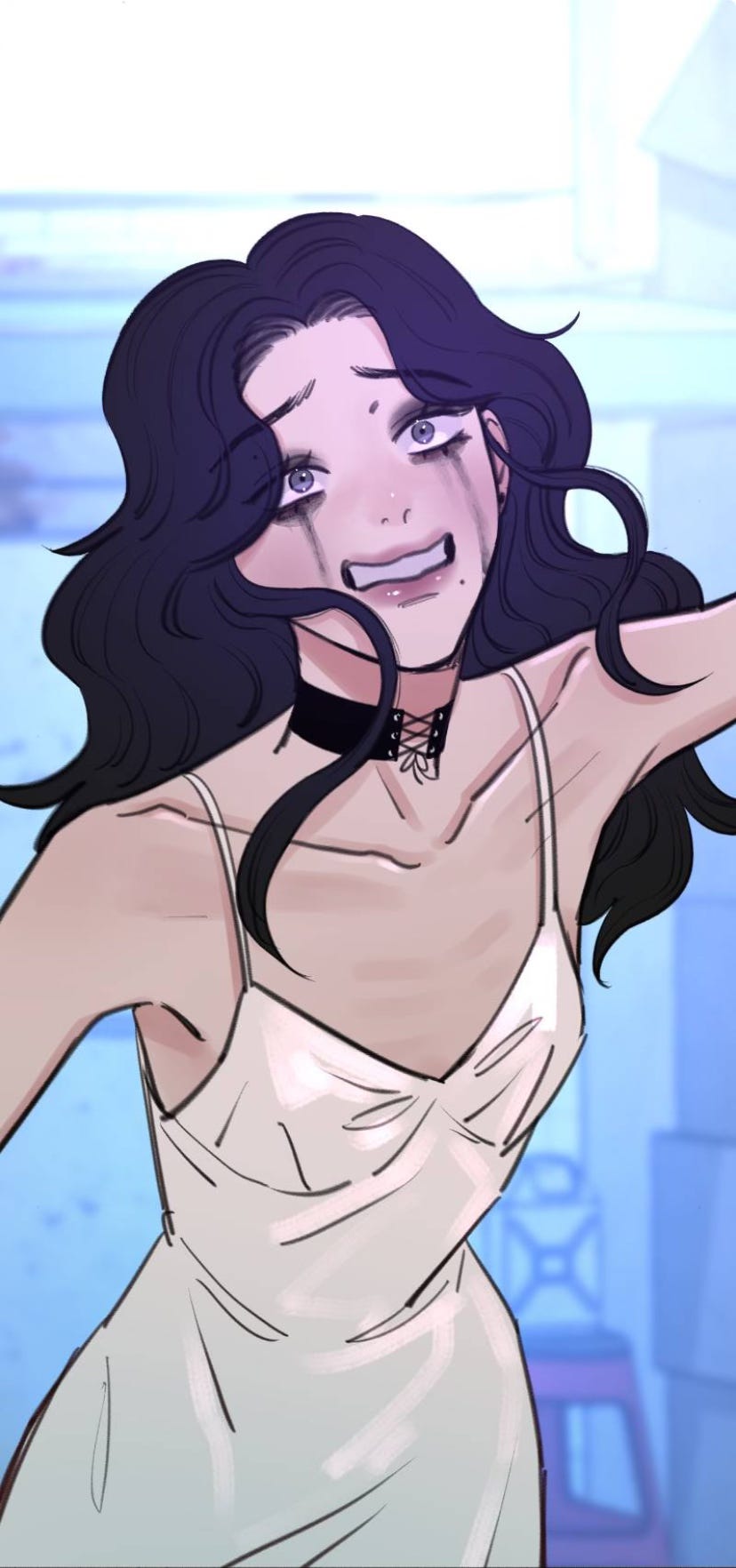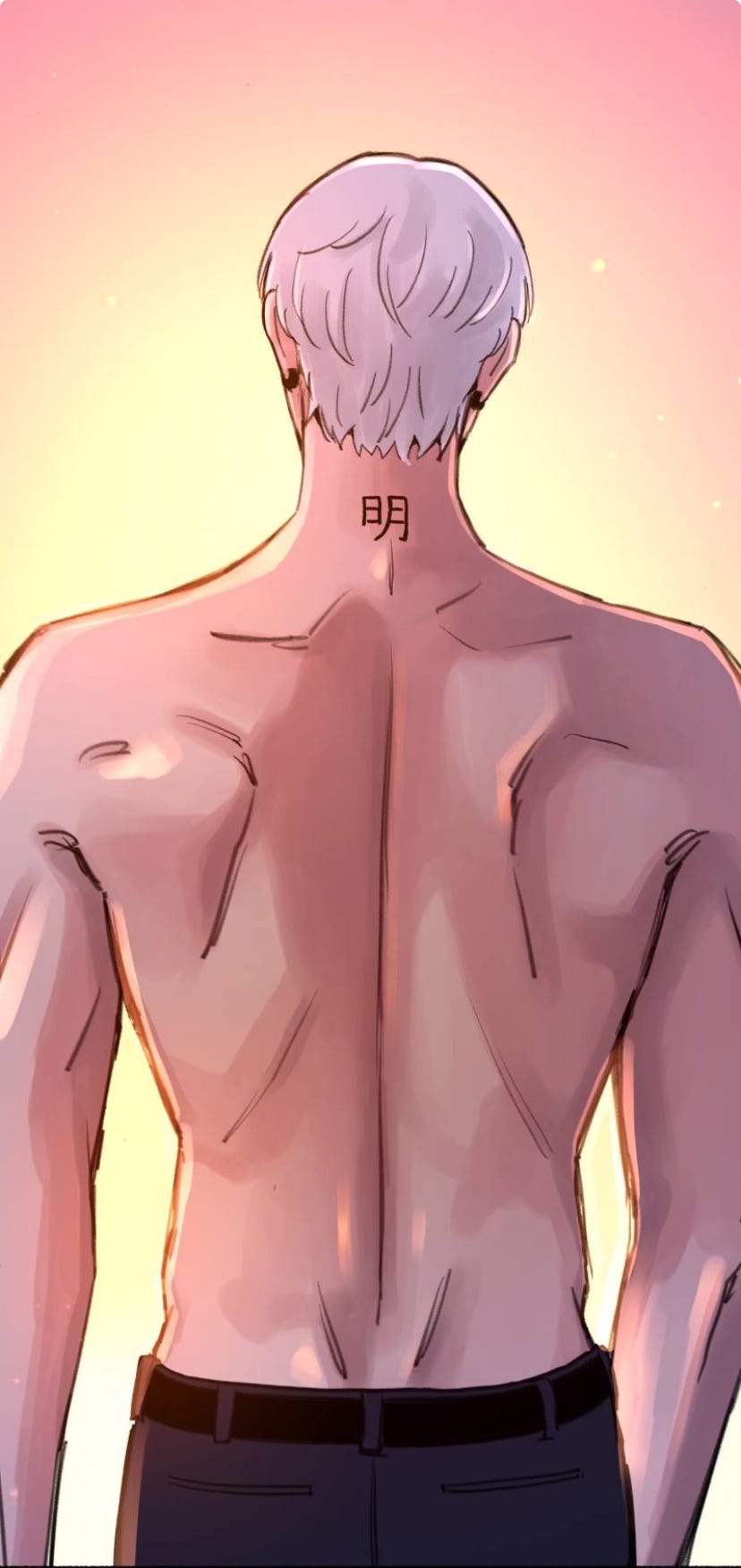Muse On Fame and “Critically Acclaimed" Media
Individual Review: Muse On Fame
Last year I got back into reading webcomics. I normally do this as a sort of mindless entertainment, as many of them are simple and predictable genre stories. There’s good action, comforting romance and slice-of-life, fantasy escapes, and everything in-between. Because of this, as well as the weekly release format, its hard to treat them the same as I do books or movies, as individual works of art with something to say. Most of the time they’re just there for an hour of entertainment and not much more. But every so often I come across a webcomic that stands out for one reason or another. I don’t usually talk about comics here on this blog, but I want to share my thoughts on one I read last year as well as some thoughts more broadly about art criticism.
This is Muse On Fame
Muse On Fame is a Korean webcomic that tells the story of Myeong, an out-of-work actress who cleans houses for a living. Her life is slowly stagnating and starting to fall apart, until one night, just after witnessing her boyfriend cheating on her, she comes across a photo exhibition. The photos on display are the posthumous work of the critically acclaimed photographer Eunmil, who had died at a young age recently. Myeong enters the exhibition, entitled “Muse On”, and finds countless pictures of Eunmil’s previously unknown muse, nicknamed Light. The person this photographer, famous for capturing random moments in the street and only afterwards asking his subject’s permission to use the photos, was most interested in.
The muse, Light, is Myeong herself, at the age of 20.
From that moment on, Myeong’s life is upended. She quickly finds herself in the public eye, the woman of the hour, and takes advantage of this to bolster her acting career. She meets people seeking similar things as her, intense people, aggressive people, mysterious people. And she begins to follow her dream, to become an actor. This is fairly short comic, ending up at almost 100 chapters, but that’s still far too much story to cover here. Instead I want to talk about this comic’s approach to its subject matter and why it’s so different and struck me so much when I first read it. I think it has a lot to say and says it in an accessible yet fascinating and interesting manner.
This is a story about two things: love and fame. They go hand in hand most times, and are the driving motivations for most of the characters. These are not topics uncommon in webcomics. Romance is a huge genre, and stories that deal with fame and famous people are very popular, especially in Korea with the particular way celebrities are viewed and talked about. But this is not a run-of-the-mill popcorn romance story or reader-insert famous person fan fiction.
Let’s talk first about fame. It’s in the name after all, both of the comic and the main character. Myeong, her name literally synonymous with “fame”, wants to be an actor. Not a typecast romantic lead, or a bit-part TV actor, but a serious actor acting in serious films. She’s an artist in that way, someone who has a creative vision and wants to execute upon for no reason other than her own drive. At the beginning of the story she’s mostly lost that drive, worn down as she is by the pressures of life and the harsh reality of the film industry: being an artist is second to success and popularity, especially for actors. To be an actor, to see her dreams come true, she needs to make it, she needs to be famous. Otherwise why would anyone ever look at her when there’s people like Yena Ban in the world?
Yena Ban is Myeong’s friend from college, a younger student in the acting department who looked up to Myeong and sought advice from her. But after college, Yena got what Myeong and their other friend, Myeong’s longtime boyfriend and aspiring director Hyeonjae, always wanted: she made it. Yena was cast in a film called Girl, made by the famous auteur director Jin Cheon. Her popularity quickly increased, and she became a big name in the film world. Her classmates and friends, once older inspirations she looked up to became pale shadows of what she achieved. At the start of this story, she is the goal for Myeong, the person Myeong wants to surpass in order to make her dreams come true.
This is the problem with fame though: it’s never quite what it’s cracked up to be. Myeong was lost before she discovered Eunmil’s exhibition, but that doesn’t mean that her newfound fame helped her find herself. Rather, it presented a brand new set of issues.
Having built her new career on the idea of her being a famous photographer’s muse, Myeong finds herself constantly trying to prove her worth as an actor. She becomes absorbed in her work and ends up making choices that put herself at risk in order to chase her dream. In the process, she rides the line of losing herself and what it’s all for. And here is where the focus on fame shifts, subtly transforming into a focus on love.
Fame is a form of love. It is the love of the many directed towards a single person. An idea. A piece of fiction. Fame drives Myeong and many of the other characters, but it’s ultimately a surface level version of their true motivation: love. Muse On Fame is a love story, not because it’s completely subsumed by two main characters and about their relationship, but because every character is seeking love in their own way. At the same time, almost every character is expressing love, primarily through art. This is a story about people who love and want to be loved, and its told in such a way that these universal experiences translate, even when the characters are in such un-relatable, powerful places. They’re famous, they have prestige and glamour, they’re the objects of jealousy. Yet through the writing and art, we see who they really are: broken, incomplete people desperately searching for that perfect work, that perfect moment, that perfect person.
Art is addictive. Without it we lose so much, and in the process of creating it people can put everything they have to give into it. It’s the perfect receptacle for all emotions, both those of the creator and of the consumer. Pursuing it is difficult, especially in a society that praises and allows to succeed only those that reach that coveted level of fame. It requires love to survive making art, not just the love you put into it but the love other people give it. If no one loves your work, if no one loves you, you’ll remain forever unseen. Because art is personal, it’s the direct result of the hard work and feelings of everyone who cared to put time into it. For some, the work they create is more meaningful than their very lives. Part of wanting to be loved becomes wanting your work to be loved, wanting to be seen for the effort you put into your art and appreciated for it.
Because of this, art can be a difficult thing to talk about. All true art is made with the intentional effort of at least one other human being, someone who put their soul into that work. That makes the job of someone like me, someone whose work revolves around talking about other’s work, pretty difficult. How do I balance the knowledge that this thing that someone created is important and meaningful to them, alongside my own feelings about it? Which matters more? What do I talk about when I put my feelings down in words, to share with others in my own form of art? And what happens when I’m not the only one experiencing this art? When there’s countless other people out there who watched or read or heard the same thing I did and came out of it with their own opinions?
In part, I wanted this post to be about so-called “critically acclaimed media”. This idea that crops up that some art is just “better”. You’ve seen the headlines and YouTube thumbnails: “Best 100 Movies of the 90s” “Greatest Living Directors” “Top Albums of 2022”. There are many such things out there, and this effect continues in other circles beyond pop culture. In academia, while studying English, I was taught about so-called “genre fiction” and “literary fiction”, commonly defined as fiction meant to entertain and be a part of a genre and fiction meant to be studied in a literary sense, to say something important. Genre fiction, like sci-fi novels and romance stories and comedy/action/thriller mega-series, these are not so commonly studied. They make up a very small part of the “canon” of important literature. They aren’t taught in the same way that literary fiction is, like they have important messages or ideas present within them. If you were to ask an average professor, or a writer for some important publication, whether Ulysses or The Hunger Games is better, many are going to pick the James Joyce novel. They might not say it to your face, and in fact I’m sure the vast majority of those people would have some fascinating opinions about the two. But regardless, Hunger Games doesn’t end up top of the list of Greatest Novels of ALL TIME. It might not even crack the top 50, which is kind of crazy for a novel that defined a generation of readers and multiple genres for years after its release. Not to mention just a good book with interesting things to say.
The point I’m getting at here is that criticism of media is weird. We’re stuck between sharing our personal, subjective opinions of a work that is very much meant to be interpreted subjectively, then translating those opinions to other people. And the fact is, most people prefer facts. They don’t want to hear a lot of “I feel” or “my opinion is”, they want those flashy titles. They want to know what the Best Ever is, according to the Experts™. They want to feel reassured that when they go to buy a book or watch a movie, they’re going to like it, guaranteed. Because everyone agrees it’s the best. Right?
There’s a reason I chose to talk about this subject in conjunction with Muse On Fame. I think it fits that box of “critically acclaimed media” really well. It is the literary equivalent of so many genre webcomics. It even discusses these types of artworks in its story; the fictional films made and talked about in the world of Muse On Fame are auteur-directed masterpieces, complete Oscar-bait, and the actors are method-trained geniuses who transform characters with beautiful performances. This is a literary comic about literary movies and auteur artists. And it’s great! I love it, I think it stands apart from many comics I’ve read.
However, I feel hesitant to say it that way. Because while it is really good, so are many of those comics. Not in the same way, and certainly I don’t consider them interchangeable. But when it comes to two important things, Muse On Fame is no different from any other comic, or art of other forms for that matter.
First, I like it. Simple as. This is my blog, and I talk about stuff I like (and sometimes stuff I hate) here. I enjoy Muse On Fame and I enjoy Omniscient Reader and I enjoy freaking Meme Girls. They’re not the same at all, they’re very different types of webcomic with very different ideas, premises, and appeals. But the fact remains that I like reading them. Baseline, that should be most important when it comes to what you take away from MY opinion.
But secondly, and more importantly, are the opinions and feelings of the person or people who created those works. I don’t pretend to know what these people are feeling, how much they like the work they made, or certainly if they like it at all. But the fact remains that they made it, and that means something. That’s a part of them that they spent time on, and I find it incredibly disrespectful to compare any two works of art without first at least acknowledging that despite your feelings and which you think might be better, they’re both the creations of people who cared about them, and that matters.
I say all this to let you know: I am no Expert™. I’m just a guy with opinions on stuff who likes (maybe a little too much) to share those opinions with others. I may not always say it, but the most important thing to me when it comes to reflecting on and understanding the art made by other people is that it was, in fact, made by another person. Another human being who deserves a baseline level of respect and dignity, the same that I hope everyone would be treated with. If you take the time to create something, to put your hours and your effort and maybe your feelings into something, that thing deserves respect purely for the reason that you did that.
I hope you go read Muse On Fame. It’s really good, I liked it a lot and I find myself thinking about it often. The art is gorgeous and simple, the writing is consistently solid (I read an English translation, sadly I cannot speak to the quality of the original Korean writing, but I assume it’s also good) and the story and characters are wonderful. And I hope you read more comics, web- or otherwise. I probably won’t talk a lot about them, but there are a lot of fantastic ones out there. My personal favorites include:
Chainsaw Man, written and illustrated by Tatsuki Fujimoto
Uzumaki, written and illustrated by Junji Ito
Maus, written and illustrated by Art Spiegelman
Ordeal (unfinished), written and illustrated by Brent Bristol
JoJo’s Bizarre Adventure (specifically parts 8, 7, and 4) written and illustrated by Hirohiko Araki
And many more! Comics are a bit harder to talk about, because similar to TV shows I’m either dealing with an unfinished story or one that’s too long to completely cover. But I read them often, and I think there’s an absolute ton of interesting facets and things to explore about the art of comics. I think its a shame how often they get relegated to their own sections of discourse. I rarely hear of any comics being talked about in the same conversations as classic novels or masterpiece films, and I think that’s just plain stupid. These are pieces of art, created by people just like those critically acclaimed masterpieces, and they deserve to be discussed just the same.
I hope you don’t come away from this thinking I’m being reverse-pretentious, one of those critics who calls all highly acclaimed art overrated. I’m a big fan of a lot of work that’s critically acclaimed, just as I am of work no one ever talks about. I’ve got my own unique tastes, and some things work for me and some things do absolutely nothing. My point is that I wished the discussion of literary fiction or Oscar-bait films didn’t also come with an implicit put-down directed towards genre fiction or other art “made for entertainment”. There’s good to be found everywhere, so seek it out, form your own opinions, and have respectful conversations with others about those opinions.
Okay, that’s about it from me. Before I forget, Muse On Fame, as a completed story, gets a score of 92/100 for me. There’s very few misses in its story, and the ones that are there are not nearly enough to make me not love it. This is probably the best webcomic I’ve read up until this point, highly recommended.
As always, if you disagree or agree with any of my takes, feel free to leave a comment or reach out, and thanks so much for reading! If you enjoyed, consider sharing this, subscribing, or even pledging your support! Everything helps, and I appreciate anything you can do to help make my dream of writing for a career a reality! Until next time, take care of yourself and read/watch/listen to/critically analyze something interesting!



